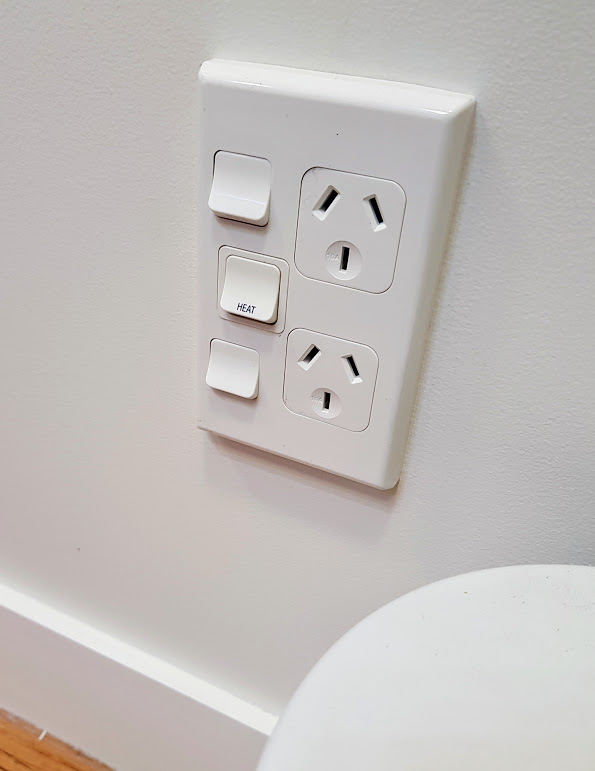

However, when someone possesses too much self-control, they can struggle. The ability to remain in control of one’s emotions desires and actions is usually a quality that people admire.

You might be wondering what a healthy amount of self-control looks like, but to best understand that, it's important to know what too much or too little looks like first. In addition to the physical and emotional challenges this might bring, too little or too much self-control can also have social and mental effects like isolation, depression, or anxiety. Sometimes, however, individuals reach adulthood with too little or too much self-control. This is why it's not unusual to see an upset toddler throw a toy across the room, but the same behavior would be bizarre in an adult. We develop this skill throughout our childhood and arguably our entire lives. It also stops us from crying uncontrollably when we do not get our way or from becoming distracted in situations that require attention.Īlthough we learn to self-soothe as babies (by, for example, sucking on a pacifier), we're not born with self-control. It prevents us from screaming at others when we're angry or from punching someone when they wrong us. More examples of displaying self-control include going to the gym instead of staying home to watch TV, or getting started on a project early instead of procrastinating.Įmotional self-control is important, too.

For example, when a doctor urges a patient to lose weight, self-control prevents them from eating too much junk food. It helps us to move from having the knowledge of what would be good for us and actually put it into practice. Possessing self-control is an incredibly helpful skill. Other words from self control include the adjective self controlling, which is defined by “restraint of oneself or one’s thoughts, emotions, responses, etc.” The noun control refers to one’s influence over managing their thoughts and behaviors to avoid undesirable outcomes and increase positive ones. Additional words that may be used interchangeably for self-control include self-discipline, will-power, composure, and self-restraint. In other words, we can prevent ourselves from doing something we don't want to do or from feeling something we don't want to feel, especially when we're tempted. According to the Merriam-Webster Dictionary, the definition of self control is the ability to exercise restraint or control of one’s emotions desires and impulses. Let’s start by breaking down the word self control and what it truly means.


 0 kommentar(er)
0 kommentar(er)
